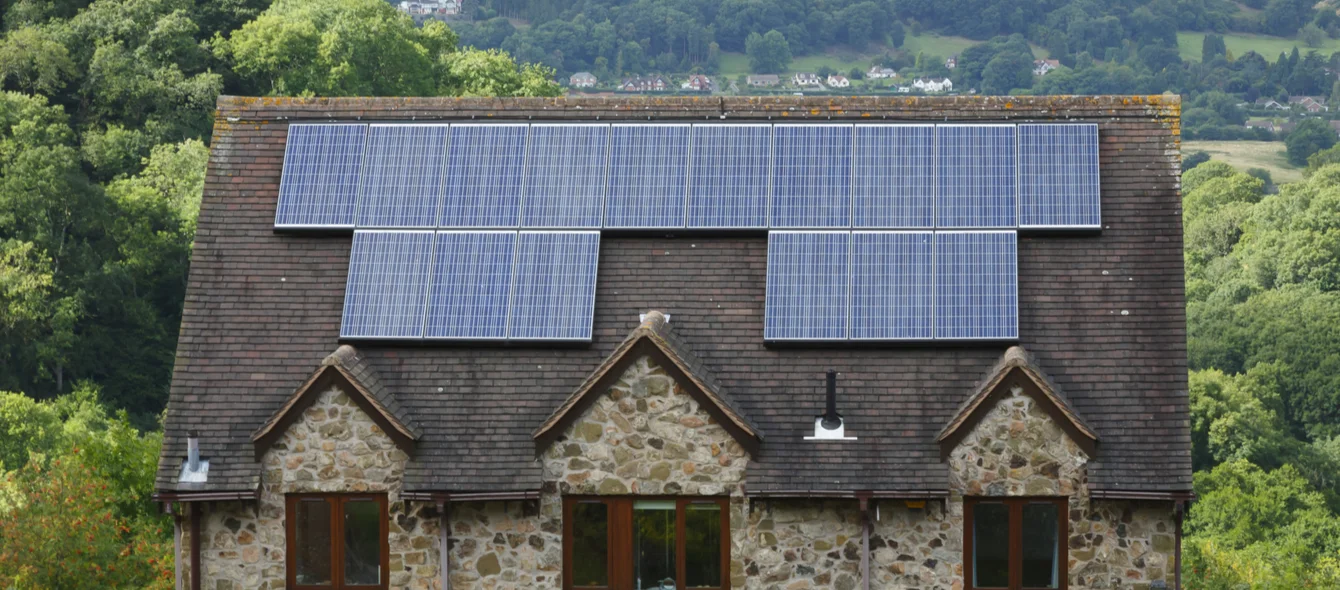Climate change remains a key issue of concern for the UK public, who are overwhelmingly behind the deployment of renewable energy technologies, according to the latest public attitudes tracker published in May by the UK government’s Department for Business, Energy and Industrial Strategy (BEIS).
The data, which was gathered in March from 1,851 face-to-face interviews, shows that more than three quarters (76%) of people were concerned about climate change. Only 2% of the people surveyed thought there was no such thing. Of the 98% who do believe in climate change, a majority expect rising sea levels and more flooding (61%), a higher number of storms (53%) and rising temperatures (51%), including hotter summers, over the next 15 to 20 years.
A peak in climate change concern (80%) occurred in March last year, just after the UK was battered by Storm Freya, but the data shows a long-term upward, rising from a level of 65% in 2012. The proportion of people saying they were not concerned about climate change was 22%. This was up from 19% in March 2019, but down from 35% when the question was first posed in 2012. Of the 98% who do believe in climate change, 68% said it was already having an impact on the UK. A further 12% felt it was not, but that it would within their lifetime, while an additional 12% saw the impact falling on future generations.
Renewables support
The level of support for renewables is very high at 82%, with solar and offshore wind performing particularly well with approval ratings of 86% and 81% respectively. Onshore wind, which the government is reintroducing into its contract for difference support scheme, also garners high levels of public approval at 77%.
However, 64% of people felt that the UK was not investing sufficiently in renewable energy. Moreover, as the UK’s renewable energy capacity has expanded, levels of concern over future energy security have “mostly decreased”, according to the BEIS data. Other technologies did not fare so well. For instance, support for nuclear power has fallen to an all-time low of 32%, while opposition to shale gas fracking (hydraulic fracturing) has reached an all-time high of 45%, with direct support for the technology at a low of 8%. The remainder of people surveyed were undecided or did not express an opinion on the issue.
Net zero awareness
In June last year, the UK government, under former prime minister Teresa May, adopted the new and challenging target of reaching net zero carbon emissions by 2050.
In its latest tracker, BEIS introduced a question to gauge public awareness of the policy. The result was 35%, relatively low, perhaps reflecting the fact that the policy has only been adopted quite recently. Awareness of carbon capture and storage (CCS), a technology which the Intergovernmental Panel on Climate Change and the UK’s Committee of Climate Change have both said could form part of the strategy for reaching net zero, continues to grow, reaching 46% in March 2020. Of those who expressed awareness of the technology, 62% supported it.
CCS is the process of capturing carbon dioxide emissions from power plant, industry or other hard-to-abate sources and then storing it underground, for example in a depleted oil or gas field.
Changing behaviours
People were asked about a number of things they do and whether they did them owing to concern about climate change, for example whether they ate less meat or thought about the energy efficiency of products and appliances when they bought them. The data shows slightly fewer people taking actions such as minimising food waste, or reducing the amount of energy used in the home, compared with March 2019, but a slight increase in the number of people eating less meat, avoiding air travel and eating less dairy produce. 6% said they had driven an electric car, up from 5% from March 2019.
The survey sample was smaller than usual as fieldwork had to be curtailed as a result of the coronavirus (Covid-19).
Photo credit: shutterstock.com, Paul Maguire
